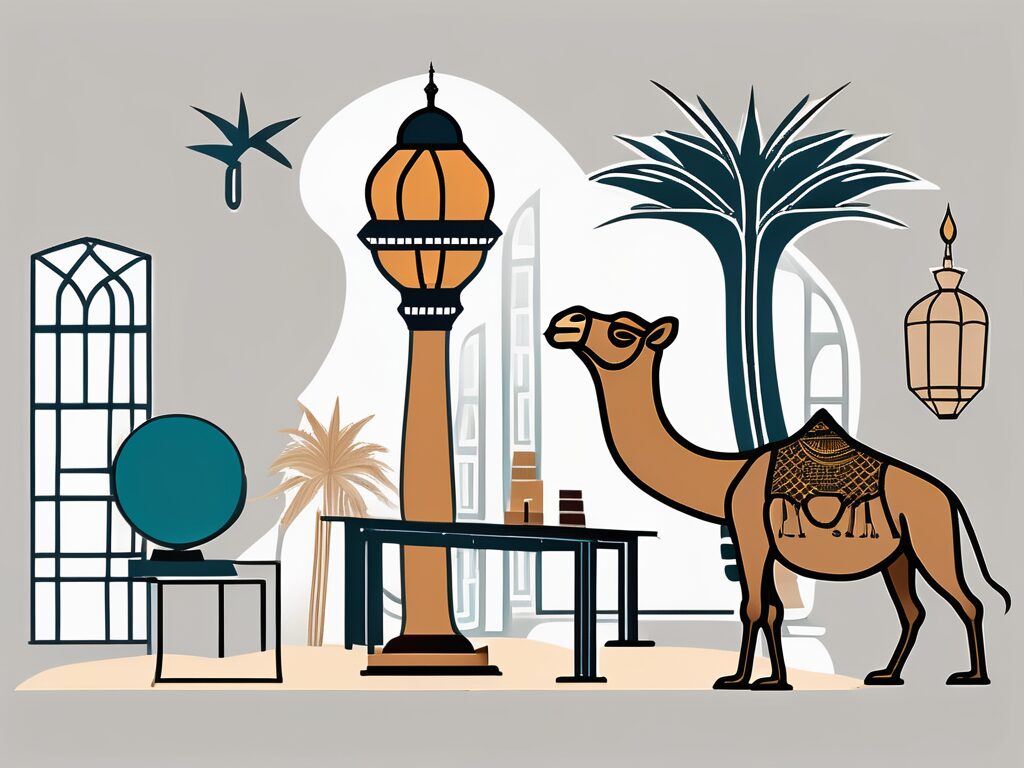Dubai, a city that’s a melting pot of cultures, offers a unique and challenging environment for teachers, especially those from the UK with a Postgraduate Certificate in Education (PGCE). The cultural diversity in the classroom can be both a blessing and a challenge. It’s a blessing because it offers a rich tapestry of experiences and perspectives. However, it also presents certain cultural barriers that teachers must overcome to ensure effective teaching and learning.
Understanding the Cultural Landscape
Before we delve into the specific cultural barriers, it’s crucial to understand the cultural landscape of Dubai. The city is home to a diverse population, with expatriates making up a significant portion. This diversity is reflected in the classrooms, where students come from various cultural backgrounds. Therefore, a one-size-fits-all approach to teaching will not work here.
Moreover, Dubai’s local culture is deeply rooted in Islamic traditions. This influences various aspects of life, including education. Teachers must respect these traditions while also accommodating the needs of students from different cultures. It’s a delicate balancing act that requires cultural sensitivity and adaptability.
1. Language Barrier
Arabic vs English
The first and most obvious barrier is language. Although English is widely spoken in Dubai, Arabic is the official language. Many local students may be more comfortable with Arabic, especially at a young age. This can pose a challenge for teachers who are not fluent in Arabic.
However, this barrier can be overcome with patience and the use of teaching aids. Visual aids, for example, can help bridge the language gap. Additionally, teachers can learn basic Arabic phrases to better connect with their students.
Understanding Accents
Another aspect of the language barrier is understanding different accents. With students from various countries, teachers may find it challenging to understand different English accents. This can lead to miscommunication and misunderstandings.
One way to overcome this is by promoting an environment where everyone feels comfortable speaking and making mistakes. Teachers can also take the initiative to learn about different accents to better understand their students.
2. Cultural Sensitivity
Religious Observances
Dubai’s culture is heavily influenced by Islam, and this extends to its educational institutions. There are certain religious observances, such as prayer times and fasting during Ramadan, that teachers must be aware of.
Respecting these observances is crucial for building a positive relationship with students and their parents. Teachers can plan their lessons around these times and provide support for fasting students.
Gender Sensitivity
Gender roles in Dubai can be different from those in the UK. This can manifest in the classroom in various ways, such as interactions between male and female students. Teachers must be sensitive to these cultural norms to ensure a respectful and inclusive learning environment.
For example, teachers can establish classroom rules that respect cultural norms while also promoting equality and inclusivity. They can also engage in open discussions with students about respect and understanding.
3. Different Learning Styles
Students in Dubai may have different learning styles compared to students in the UK. These differences can stem from cultural factors, previous educational experiences, and language proficiency.
Teachers must be flexible and adaptable in their teaching methods to cater to these diverse learning styles. This can involve using a variety of teaching strategies, such as visual aids, group work, and hands-on activities.
4. Parental Expectations
Parental expectations can be a significant cultural barrier. Parents in Dubai may have different expectations regarding their child’s education compared to parents in the UK. These expectations can influence various aspects of teaching, such as homework, discipline, and communication.
Teachers can overcome this barrier by establishing clear communication with parents. This can involve regular meetings, newsletters, and parent-teacher conferences. Teachers can also seek to understand the cultural basis of these expectations to better navigate them.
5. Adapting to a New Environment
Last but not least, teachers must adapt to a new cultural and physical environment. This can involve adjusting to the climate, local customs, and lifestyle.
While this can be challenging, it can also be an enriching experience. Teachers can learn from their students and the local culture, broadening their perspectives and enhancing their teaching practice.
In conclusion, teaching in Dubai can be a rewarding experience, filled with opportunities for personal and professional growth. By understanding and overcoming these cultural barriers, teachers can create an inclusive and effective learning environment for their students.
Enhance Your Teaching Career with iQTS at UWE
As you navigate the cultural complexities of teaching in Dubai, consider elevating your qualifications with the International Qualified Teacher Status (iQTS) programme at UWE. This Level 7 qualification is designed to support your professional development, increase your adaptability to international curricula, and connect you with a global network of educators. With the iQTS, you’re not just overcoming cultural barriers; you’re also boosting your chances for interview callbacks, promotions, and salary increases. Don’t let isolation or underqualification hinder your journey. Make Your Next Step towards a more fulfilling international teaching career with the iQTS programme.

